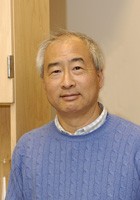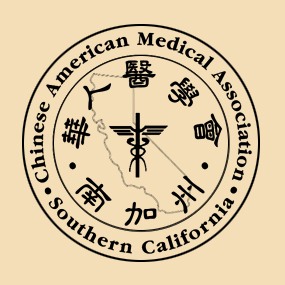Back to Conference Homepage
Back to Conference Faculty List
Back to Conference Schedule

Presentation: How To Make A Heart: The Islet-1 Progenitor Story
Time:
Purpose: To update Advances in Cardiovascular Regenerative Therapy
Objectives:
Review challenges and opportunities of heart Stem Cell therapy
Discuss Stem Cells that form the heart and their role in congenital heart disease
Professor of Medicine, Harvard Medical School; Professor of Cell Biology, Harvard Stem Cell Institute
Director, Cardiovascular Diesease Program, Harvard Stem Cell Institute
Bio:
Dr. Kenneth R. Chien is a world-recognized leader in cardiovascular science and medicine. Since July, 2005, Dr. Chien has returned to Boston as Scientific Director of the Cardiovascular Research Center at Massachusetts General Hospital and the Charles Addison and Elizabeth Ann Sanders Professor at Harvard Medical School. In addition, he is a member of the Harvard Stem Cell Institute, where he leads the University-wide Cardiovascular Stem Cell Biology Program. Prior to his MGH appointments, Dr. Chien directed the Institute for Molecular Medicine at the University of California at San Diego. A professor at both UCSD and the Salk Institute, Dr. Chien is an internationally recognized biologist specializing in cardiovascular science, and a pioneer in developing new therapeutic strategies to prevent the onset and progression of heart failure.
Most recently, Dr. Chien’s laboratory discovered the “progenitor cells” (similar to stem cells) residing in the heart. These cells signal a particularly exciting breakthrough: they are capable of generating functioning heart muscle cells. This incredible finding, reported in 2005 in the journal, Nature, has significant implications both for the study of the heart’s development and for the potential therapeutic application of cells to repair or replace damaged heart tissue. More recently his lab has discovered the master heart progenitor cell that gives rise to all three major cell types in the heart: smooth muscle, cardiac, and endothelial, published in Cell in 2006. In 2007, his lab reported the discovery of the renewal pathway for these cells in Cell Stem Cell, which should ultimately allow their cloning. The current work has resulted in the tissue engineering of cardiac muscle from ES derived sources, which is a major breakthrough that should allow new strategies for cardiovascular regenerative medicine via chemical screening and also through the design of “heart parts”.
Dr. Chien has served as an advisor and/or board member to several scientific institutions in the public and private sector, including the Doris Duke Charitable Foundation, The Wellcome Trust, The Institute of Molecular Biotechnology of Austria, Genentech, Hoffman La-Roche, Pfizer, GlaxoSmithKline, Wyeth, and Oxford University. For the past ten years, he has served as a member of the board of one of the largest and highest performing biotech investment funds (Pictet Biotech Fund---based in Luxembourg) run by the largest private Swiss bank, Pictet et Cie, Geneva, and the fund currently has over $2.3 billion USD under management. In 2000, he started the newco, Celladon, which currently is in clinical trials with a novel therapeutic strategy to reverse advance heart failure via promoting calcium cycling. The company’s major investors include Enterprise Partners, Venrock, and Johnson and Johnson.
Dr. Chien also has strong interests in biotechnology and biomedical science in China. Five years ago, he founded the leading institute devoted to molecular medicine in China (Institute of Molecular Medicine China) at Peking University, and helped raise $100 million RMB for the Center. The Center has recruited investigators from NIH and other leading institutions in the US and Europe to return to China, and houses a world-class, non-human primate facility, which is supported by a several million dollar gift to MGH and Peking University from Hoffman La-Roche in Basel. He also initiated a joint training program for MD-PhD scientists from China and MGH, a joint venture with Hong Kong University, which is fully operative between the two institutions.


